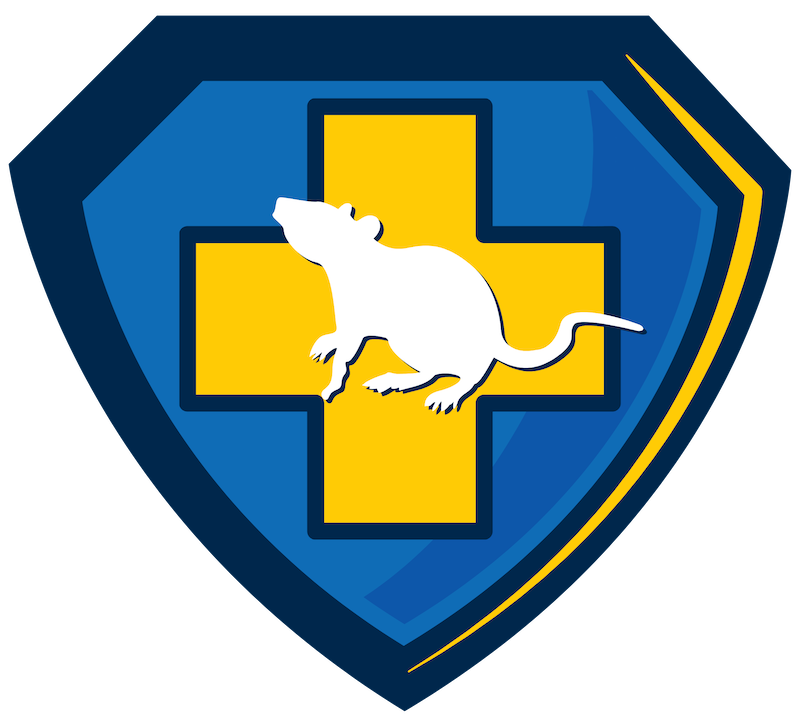
As your partners and colleagues in the responsible care and use of animals, we in the Animal Care & Use (ACU) Program place the utmost importance on ensuring animal welfare, maintaining a safe and secure research environment, and communicating about the critical role that animals play in advancing scientific understanding to benefit both human and animal health.
However, when so much of our individual and collective daily work takes place in the laboratory or the vivarium, it can be easy to lose sight of the much larger narrative landscape in which we operate. Any study that involves laboratory animals can be a very complex and emotional topic, especially for individuals who work outside of biomedical research.
That’s why we’ve collaborated with groups across campus to develop guidance and best practices on a variety of topics – from responding to media inquiries and communicating about your work with animals, to facility safety and security – to help safeguard and support the U-M animal care and use community.
Guidance & Best Practices
Our Program works closely with the U-M’s Division of Public Safety & Security (DPSS) to routinely assess security settings in and around all animal care facilities.
In general, access to animal housing areas and training sessions involving animals is limited to individuals affiliated with the university who have a specific business/educational purpose for being there. Visits by non-U-M individuals to any area(s) where animals may be present should be planned well in advance and approved by the appropriate entities.
Be aware of your surroundings and report any suspicious behavior in or around our animal care facilities. Examples of behavior to be aware of include, but are not limited to:
- Unusual vehicles, individuals, and/or groups hanging around animal facilities
- An individual who appears to wander around a facility without purpose, possibly asking questions about where animals are located, what species are being used, what kinds of studies are being conducted, or who is involved in the research
- Anyone taking photos of building entrances, security control measures, and/or animal facilities
If you ever suspect that someone has gained improper access to an area where animals are present, or to the offices of faculty/staff involved in animal care and use, please contact DPSS at (734) 763-1131 or text 377911.
Together, as members of the U-M animal care and use community, we must continue to promote the judicious, compassionate use of animals in research, but we must do so responsibly.
In consultation with both the Michigan Medicine and Central Campus communication offices, our Program has developed a series of guidelines and best practices to help researchers and instructors communicate about their work involving animals.
You are also strongly encouraged to contact your respective communications office PRIOR TO responding to any media inquiry you may receive about research and/or your work with animals:
- If you are part of Michigan Medicine, please contact the Department of Communication at (734) 764-2220 or [email protected].
- If you are not part of Michigan Medicine (e.g., any central campus school/college/unit), please forward any media inquiries you receive to the U-M Office of Public Affairs at (734) 936-5190 or [email protected].
Additional Resources

Finally, we want to remind you that our entire team is here to serve as a resource. Our Program has developed myriad tools to help address the many common misconceptions about the use of animals in research.
Much of this information –frequently asked questions, institutional position statements, details about our accreditation and oversight processes, is publicly available on our website at animalcare.umich.edu/program-faqs. We also routinely feature stories about U-M breakthroughs that have benefited from animal contributions at animalcare.umich.edu/our-impact.
Please continue to reach out to us at [email protected] with any questions or concerns you may have. We are here to serve as advocates for your research, and for the responsible care and use of animals at the University of Michigan.